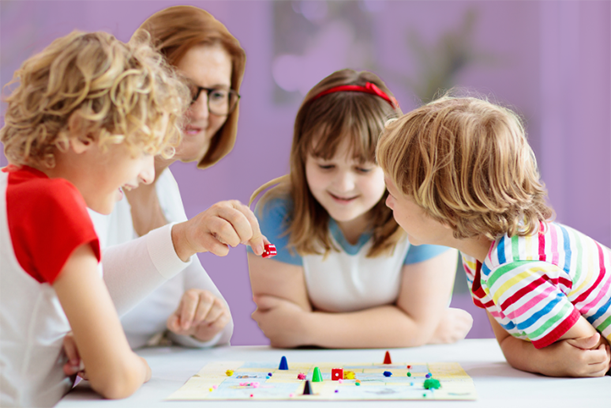Course Details
| Teacher Trainer | Marco Fenici, Riccardo Manni |
|---|---|
| Duration | 5 hours |
| Course Category | Erasmus+ and European Values |
Price: 0,00 €

| Teacher Trainer | Marco Fenici, Riccardo Manni |
|---|---|
| Duration | 5 hours |
| Course Category | Erasmus+ and European Values |
Game-Based Learning (GBL) is an innovative teaching strategy that exploits games to enhance learning and increase student engagement and motivation. In GBL, pupils and students learn by playing games. This is different from gamification, which promotes learning by adding elements of game design (e.g., quizzes, rankings, statistics) to traditional education.
School teachers can use GBL to teach curricular subjects as well as use to promote student development of soft skills such as — for instance — creativity, collaboration, communication, problem-solving, critical thinking, or emotional intelligence.
The online course clarifies the principles of GBL, and how to use it in everyday teaching to introduce students to EU content. By taking the course, users will learn about 3 diverse ways to use games in education, focusing on computer and board games, Minecraft, and interactive fiction.
The module explains the fundamental principles of Game-Based Learning and distinguishes it from gamification. It clarifies the benefits of using games in education and how to start practicing GBL in the classroom. Finally, it focuses on how to teach EU-related content with video games and board games.
Minecraft is a popular sandbox video game that allows players to build and explore virtual worlds. The module explains how teachers can use Minecraft by creating engaging and immersive learning experiences to teach curricular subjects such as history and math and connect to related EU content.
Gamebooks and interactive fictions are text-based games where players make decisions that affect the outcome of the story. The module illustrates how teachers can exploit interactive fiction in the classroom to promote reading and writing skills and to teach critical thinking and problem-solving. The module also explains how to write interactive fiction and branching scenarios and supplies several examples of interactive fiction introducing a wide variety of EU-related content.